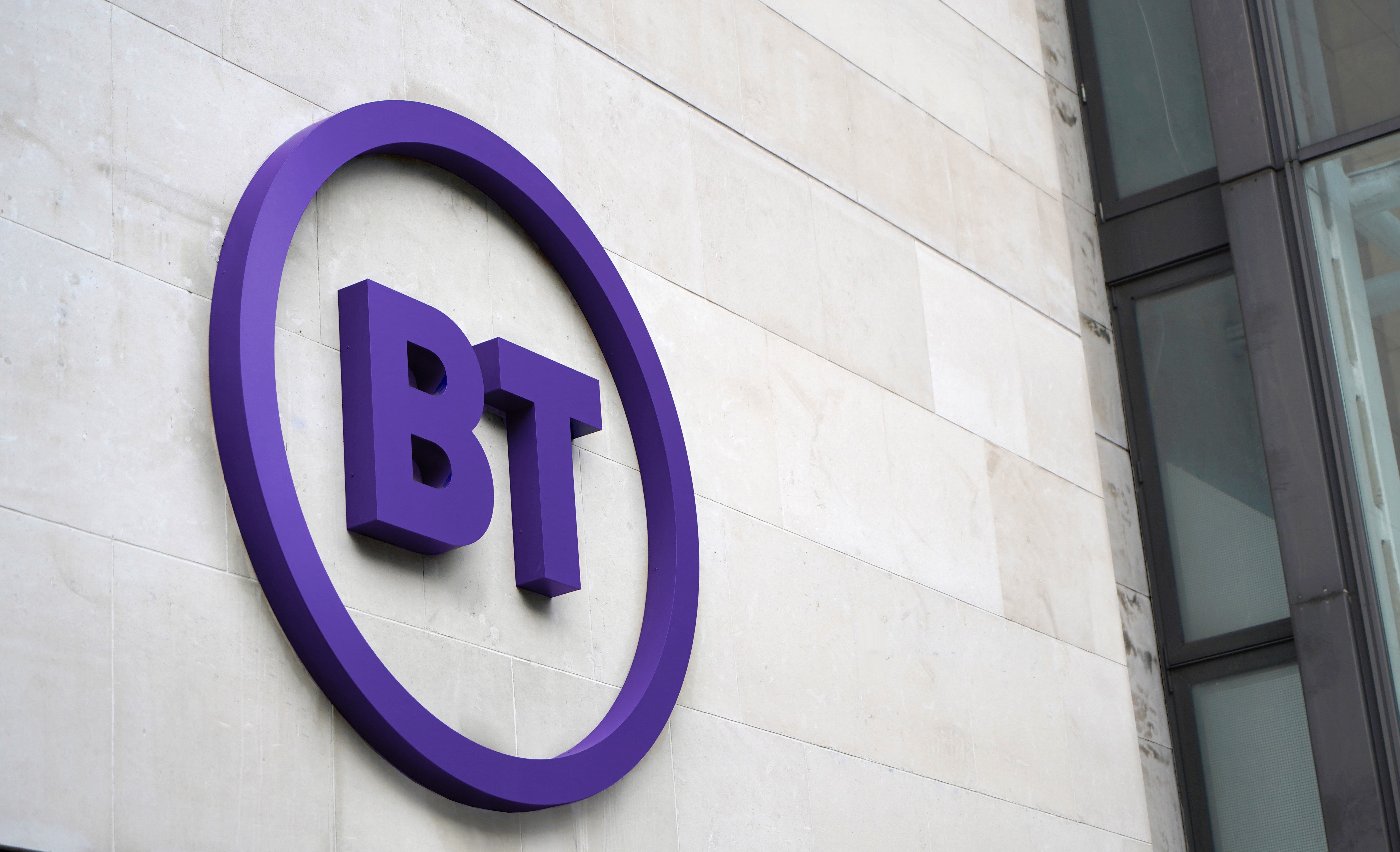BT workers to stage two 24-hour strikes over pay
Members of the CWU will walk out in the first national strike since the company was privatised.

BT and Openreach workers are to stage two 24-hour strikes in a dispute over pay.
Members of the Communication Workers Union (CWU) will walk out on July 29 and August 1 after voting overwhelmingly for industrial action last month.
The union said it wanted a “substantial” pay rise, especially with the spiralling rate of inflation – arguing that BT could afford it.
Those involved in the row look after the majority of Britain’s telecoms infrastructure, from mobile phone connection, broadband internet and back-up generators to national health systems, cyber security and data centres.
It will be the first strike action at BT Group since 1987 and the first national call centre workers’ strike, said the union, adding that 40,000 workers were involved in the dispute.
The reason for the strike is simple - workers will not accept a massive deterioration in their living standards
CWU general secretary Dave Ward said: “For the first time since 1987, strike action will now commence at BT Group.
“This is not a case of an employer refusing to meet a union’s demands – this is about an employer refusing to meet us whatsoever.
“The serious disruption this strike may cause is entirely down to Philip Jansen (BT chief executive) and his friends, who have chosen to stick two fingers up to their own workforce.
“These are the same workers who kept the country connected during the pandemic.
“Without CWU members in BT Group, there would have been no home-working revolution and vital technical infrastructure may have malfunctioned or been broken when our country most needed it.
“Our members worked under great difficulty and got a real-terms pay cut as a reward.
“The reason for the strike is simple – workers will not accept a massive deterioration in their living standards.
“We won’t have bosses using Swiss banks while workers are using food banks. We are not going to stop until we win.”
The announcement follows a strike ballot in June, which saw 30,000 Openreach engineers voting for action by 95.8% on a 74.8% turnout.
Workers in BT, approximately 9,000 of whom work in call centres, voted to strike by 91.5% on a 58.2% turnout.
A BT Group spokesperson said: “At the start of this year, we were in exhaustive discussions with the CWU that lasted for two months, trying hard to reach an agreement on pay.
“When it became clear that we were not going to reach an accord, we took the decision to go ahead with awarding our team member and frontline colleagues the highest pay award in more than 20 years, effective April 1.
“We have confirmed to the CWU that we won’t be re-opening the 2022 pay review, having already made the best award we could.
“We’re balancing the complex and competing demands of our stakeholders and that includes making once-in-a-generation investments to upgrade the country’s broadband and mobile networks, vital for the UK economy and for BT Group’s future – including our people.
“While we respect the choice of our colleagues who are CWU members to strike, we will work to minimise any disruption and keep our customers and the country connected.
“We have tried and tested processes for large scale colleague absences to minimise any disruption for our customers and these were proved during the pandemic.”
BT said it awarded a fully consolidated pay increase of £1,500, representing a rise of around 5% on average and 8% for the lowest paid, effective from April.